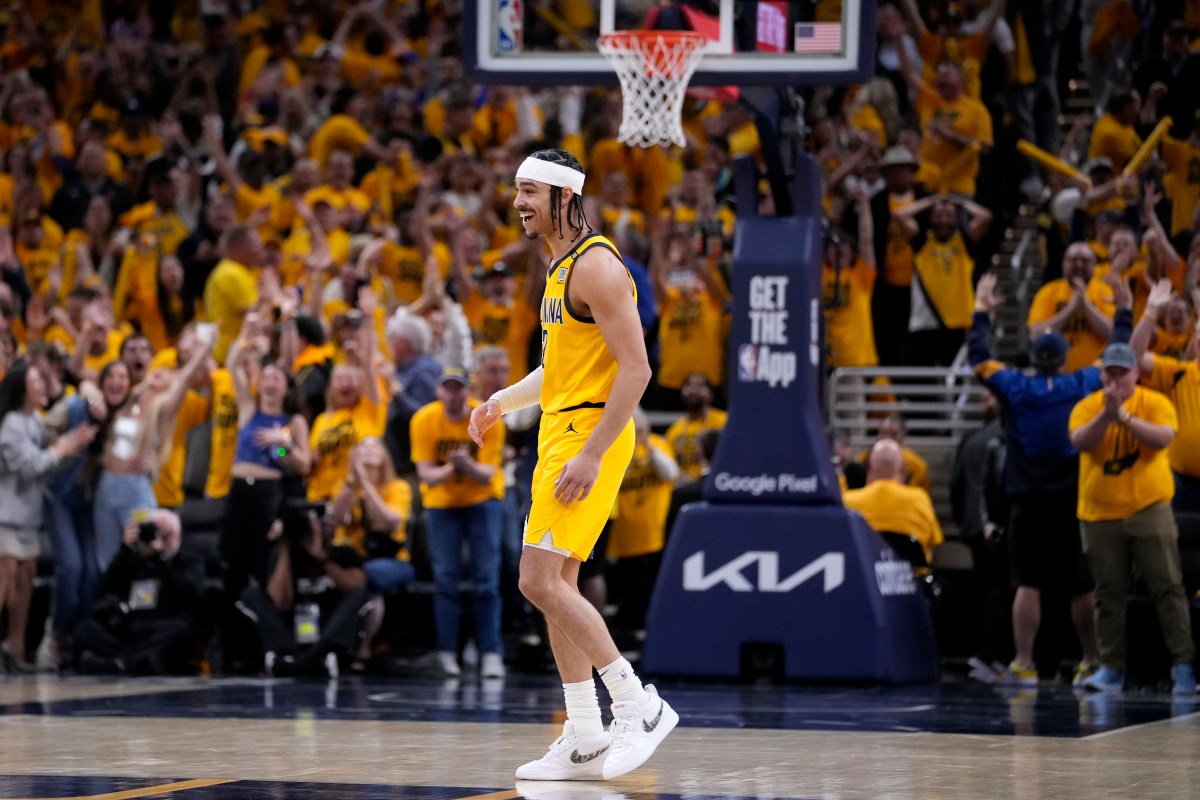As many women do in university, I took a few women’s studies classes. I remember in one mostly female class of 40, the teacher asked who was feminist; my hand was among a sparse few that went up. But in class discussions, my classmates’ thoughts on gender roles or reproductive rights made clear that’s exactly what they were.
It’s an apt example of how necessary gender studies are; that young adults can dismiss feminism as radical yet recognize the cornerstones of the movement is evidence of this.
Fortunately, two initiatives are underway to change that.
Ontario’s education ministry announced earlier this month that a gender studies class would be offered beginning in September 2011 — a crucial lesson for young men and women just starting to learn how to relate to one other.
Shameless Magazine, a Canadian feminist magazine, has launched free weekend workshops on journalism for teen girls called Shameless Wire. By teaching them the fundamentals of the trade — reporting, interviewing, copy editing, fact checking — Shameless hopes to introduce more voices to tell the story of our diverse society.
As it is, degrees and unpaid internships are practically prerogatives to become a journalist, limiting the field to those who can pay their way in. Women comprise the majority of the incoming talent pool (two in three journalism students are women, according to a 2003 U.S. study), but men hold 65 per cent of supervising positions at newspapers, a 2006 study says.
Perhaps the simplest, most important reason is this: “Very few other industries would consider this kind of model acceptable,” said freelance journalist Allison Martell, one of two women who created Shameless Wire. “It’s not because I think we need to be a token, I just think we’re going to have the best workforce if we make sure it’s open to everyone.”
The lesson holds true outside the newsroom, too. What we absorb in our daily lives shapes our identities. As writer Emily Gould wrote on moreintelligentlife.com: “Women have not yet come so far that we can shrug off worries about being misrepresented.”
The messages that bombard us daily can be relentless: Pop culture is littered with stereotypes and unrealistic standards: Ugly Bettys and Top Model Tyras, Biggest Losers and flabby runners-up, and men and boys.
My hope is these two programs will offer a lesson not to just to young adults, but to all of us: There is nuance in the world, and by acknowledging it, we’re better for it.



















